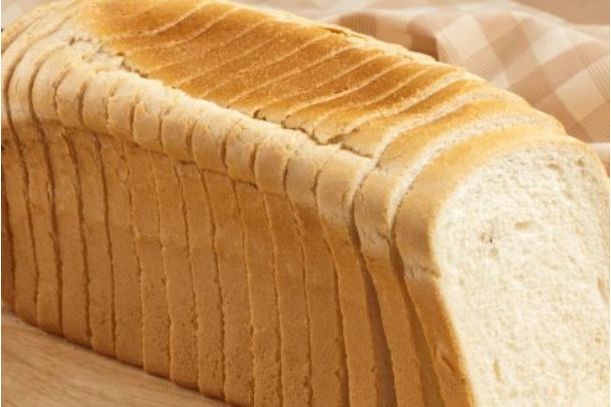Latest News
Nigerian inflation slows moderately after rising for 20 months

News Highlight
In April 2021, food inflation on year-on-year basis was highest in Kogi at 30.52 per cent.
The National Bureau of Statistics (NBS) on Monday released its latest consumer price index (CPI), which shows that Nigeria’s inflation decelerated to 18.12 per cent year-on-year in April 2021. This represents a 0.05 per cent (or 5 basis points) decrease compared to the 18.17 per cent inflation rate recorded in March. This was the first time the monthly inflation rate would show a decline in the average rate of price increases in 20 months.
According to the NBS data, increases were recorded in all the Classification of Individual Consumption by Purpose (COICOP) divisions that yielded the headline index in the reporting month of April 2021. On month-on-month basis, the headline index increased by 0.97 per cent, representing 0.59 percentage point decrease compared to the 1.56 per cent recorded the previous month.
The urban inflation index increased by 18.68 per cent year-on-year in April, from 18.76 per cent recorded a month earlier, while the rural inflation rate increased by 17.57 per cent compared to 17.60 per cent recorded in March.
On month-on-month basis, the urban index rose by 0.99 per cent in the reporting period, down by 0.61 percentage point compared to the rate recorded in March, while the rural index also rose by 0.95 per cent last month, down by 0.57 percentage point compared to the 1.52 per cent recorded the previous month.
The composite food index rose by 22.72 per cent in April, compared to 22.95 per cent in March. On month-on-month basis, the index increased by 0.99 per cent, a 0.91 percentage point decrease from 1.90 per cent recorded in March.
NBS said the rise in the food index was caused by increases in prices of coffee, tea and cocoa; bread and cereals; soft drinks, milks, cheese and egg; vegetable; meat; oils and fats; fish and potatoes; yam and other tubers.
Core inflation, which measures all items less farm produce which usually have volatile prices, rose by 12.74 per cent, which represents 0.07 percentage point increase compared with 12.67 per cent recorded in March.
On month-on-month basis, the core sub-index increased by 0.99 per cent in April, down by 0.07 percentage point when compared with 1.06 per cent recorded in March.
According to the statistics agency, the highest increases were recorded in the prices of pharmaceutical products, vehicle spare parts, hairdressing salons and personal grooming establishment, garments, furniture and furnishing, medical services, shoes and other foot wears, motor cars, major household appliances (whether electric or not), dental services, hospital services, non-durable household goods, and fuel and lubricants for personal transport equipment.
In April 2021, food inflation on year-on-year basis was highest in Kogi at 30.52 per cent, 28.07 per cent in Ebonyi, 26.90 per cent in Sokoto, while Abuja at 18.63 per cent, Akwa Ibom at 18.51 per cent, and Bauchi at 17.64 per cent recorded the slowest increases.
On month-on-month basis, however, food inflation rate in April was highest in Kebbi at 2.46 per cent, 2.42 per cent in Ekiti, and 2.17 per cent in Kano, while Abuja recorded the slowest rate of 0.05 per cent. Rivers and Ogun recorded deflation in the average food price level.
Related News
Latest Blogs
- Access Holdings and African art renaissance
- NMDPRA should balance local content with market competition
- Why ‘T-Pain’ should be Tinubu's least worry
- Access Bank Project 111 providing a lifeline for women battling fibroids
- How Nigeria can boost maritime financing
Most Popular News
- Kenya’s KCB Bank signs €230mn deal to support SMEs, youth and women
- AfDB has invested $1.44bn to support infrastructure development in Nigeria
- FG proposes N47.9 trillion for 2025 budget
- Airtel Africa records broad growth in half year results
- Unpaid care work prevents 708m women from participating in labour market
- UK budget to drive wealth and talent exodus from Britain - investor







